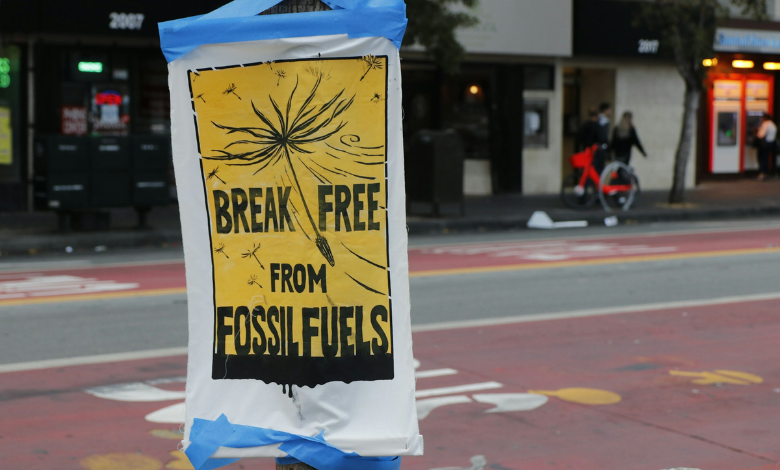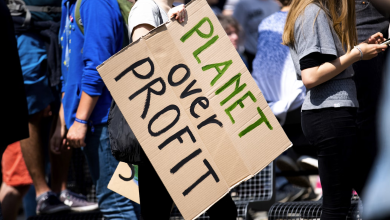Climate Damages Tax could raise $720 billion by 2030 for Loss and Damage Fund agreed at COP28 Summit

The Climate Damages Tax report, published on Monday, calculates that taxing fossil fuel majors based in the richest Organisation for Economic Cooperation and Development (OECD) countries could help raise $900 billion by the end of the decade.
The authors say the tax could boost the landmark Loss and Damage Fund – operationalised during last year’s COP28 Summit at Expo City Dubai in the UAE – to help vulnerable countries better address the brutal effects of climate breakdown.
David Hillman, director of the Stamp Out Poverty campaign and co-author of the report, highlighted the need for the richest, most economically sound countries, holding the greatest historical responsibility for climate change, to tax their fossil fuel industries rigorously.
“This is surely the fairest way to boost revenues for the loss and damage fund to ensure that it is sufficiently financed as to be fit for purpose,” the Guardian quoted him as saying. The authors believe the levy could be easily administered within existing tax systems.
Raising funds for Loss and Damage & ‘domestic dividend’
It is estimated that if the climate damages tax is introduced in OECD countries this year at an initial rate of $5 a tonne of CO2 equivalent, increasing by $5 a tonne every year, it could raise a sizeable total of $900 billion by the end of the decade.
Of that $720 billion can go to the Loss and Damage Fund agreed at the climate conference and the remaining $180 billion can be used as a “domestic dividend” to support communities in richer countries with a just climate transition.
In recent years, the global community has seen a strikingly high number of devastating effects of climate change. There have been crippling droughts across Africa and deadly floods in Pakistan and Afghanistan, despite the regions contributing the least to climate change.
Need for concerted global leadership to stop oil bosses
The recent report is backed by several global climate organisations, such as Greenpeace, Christian Aid and Stamp Out Poverty. A joint director at Greenpeace UK said governments could no longer sit back and let ordinary citizens pick up the bill for the breakdown.
Oil bosses have been cashing in on high energy prices, the individual noted, underscoring the crucial need for concerted global leadership to force the fossil fuel industry to stop drilling and start paying for the significant damages they are responsible for.
The aforementioned climate damages tax can help meet both objectives: unlocking a substantial amount of funding for the Loss and Damage Fund, and helping accelerate a rapid and just transition away from fossil fuels across the globe.
The COP28 Summit facilitated the inking of several notable agreements for the sake of the planet. Besides the Loss and Damage Fund, participants also arrived at the landmark UAE Consensus that calls for a transition away from polluting fossil fuels.
Read More: COP28 Dubai ‘significantly exceeded expectations’, says Bill Gates



